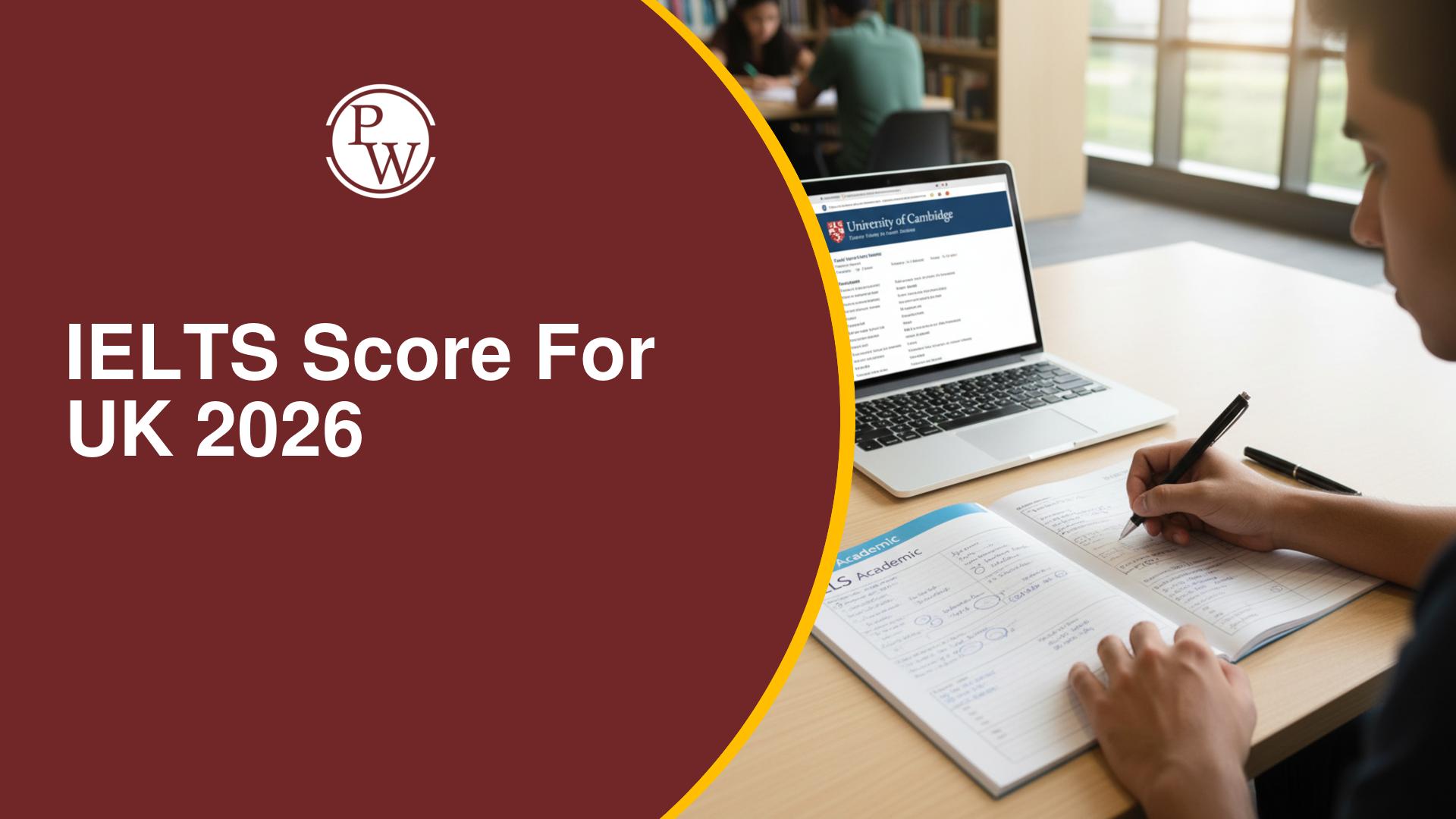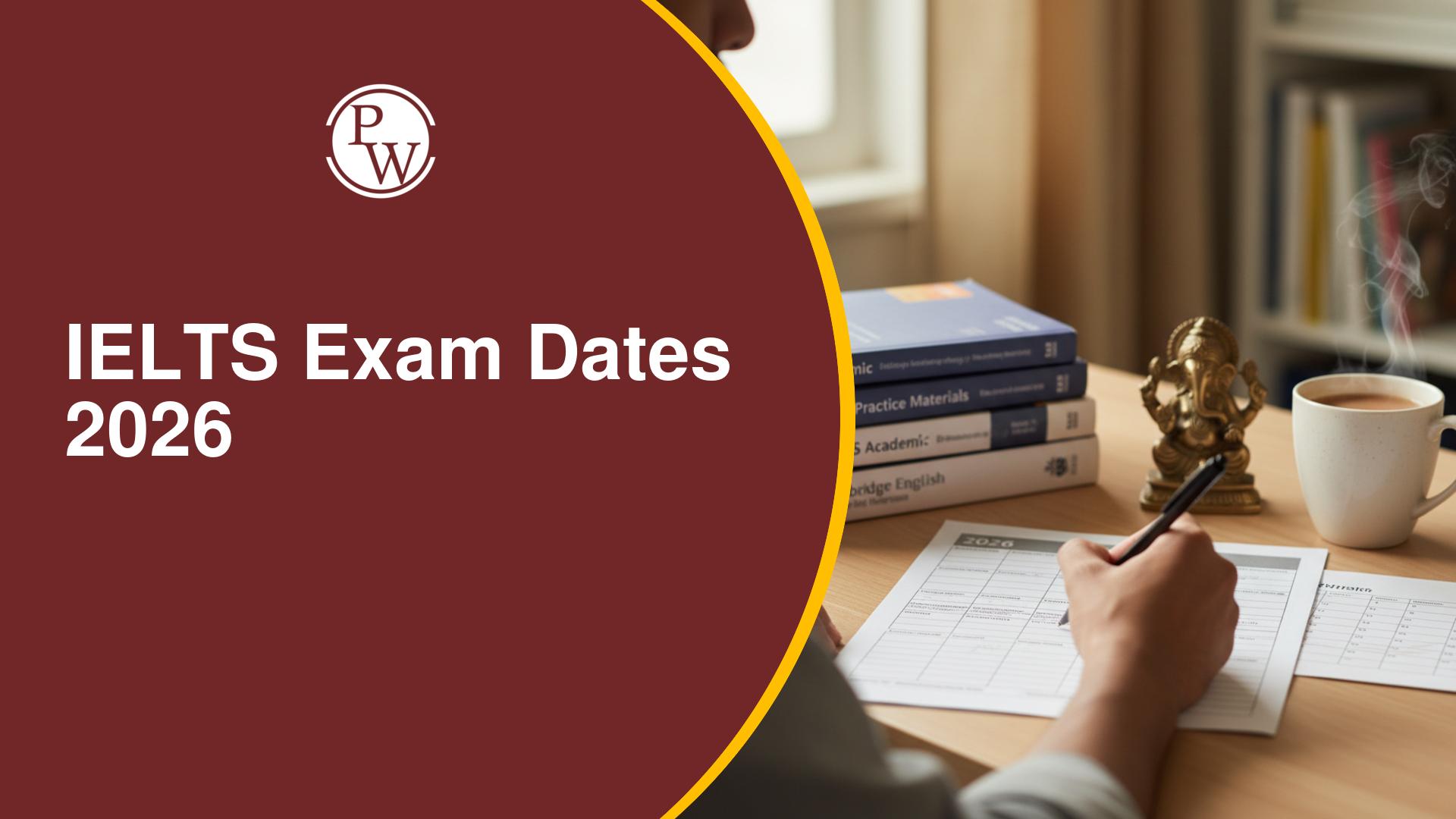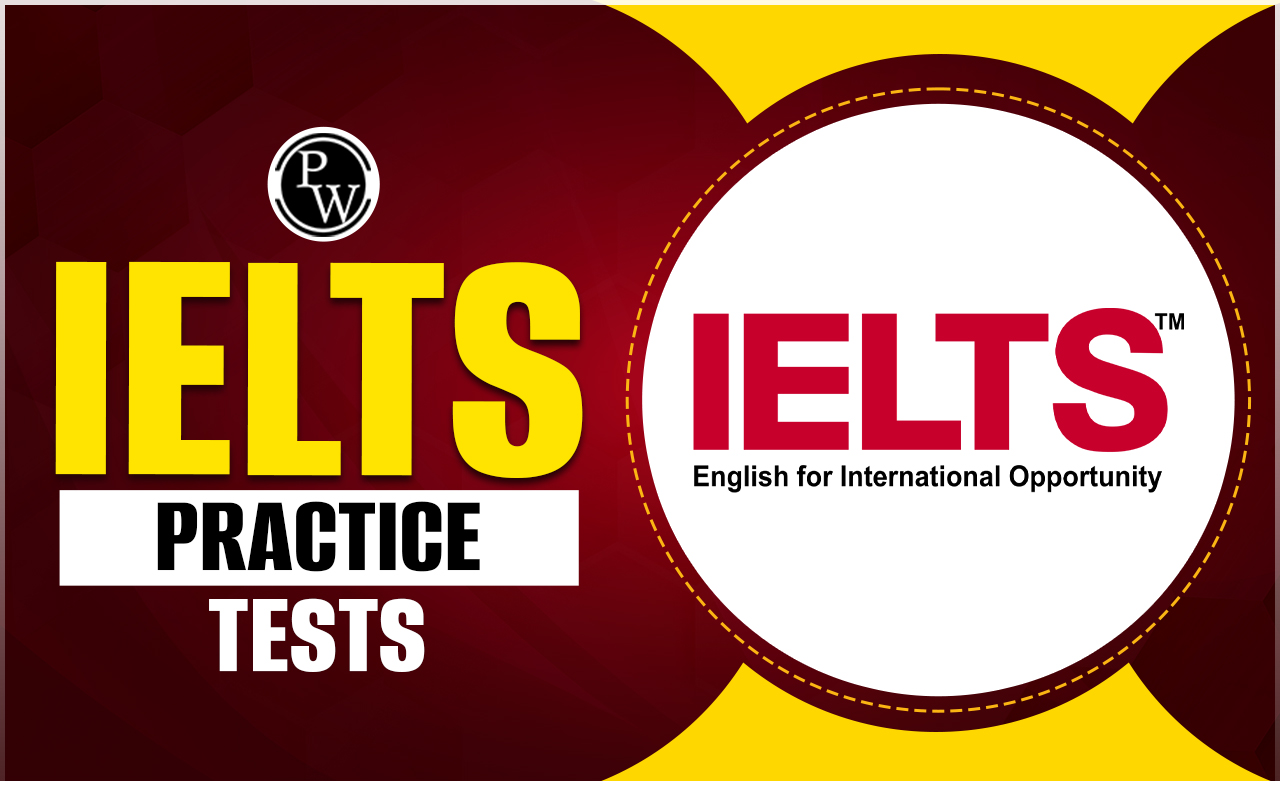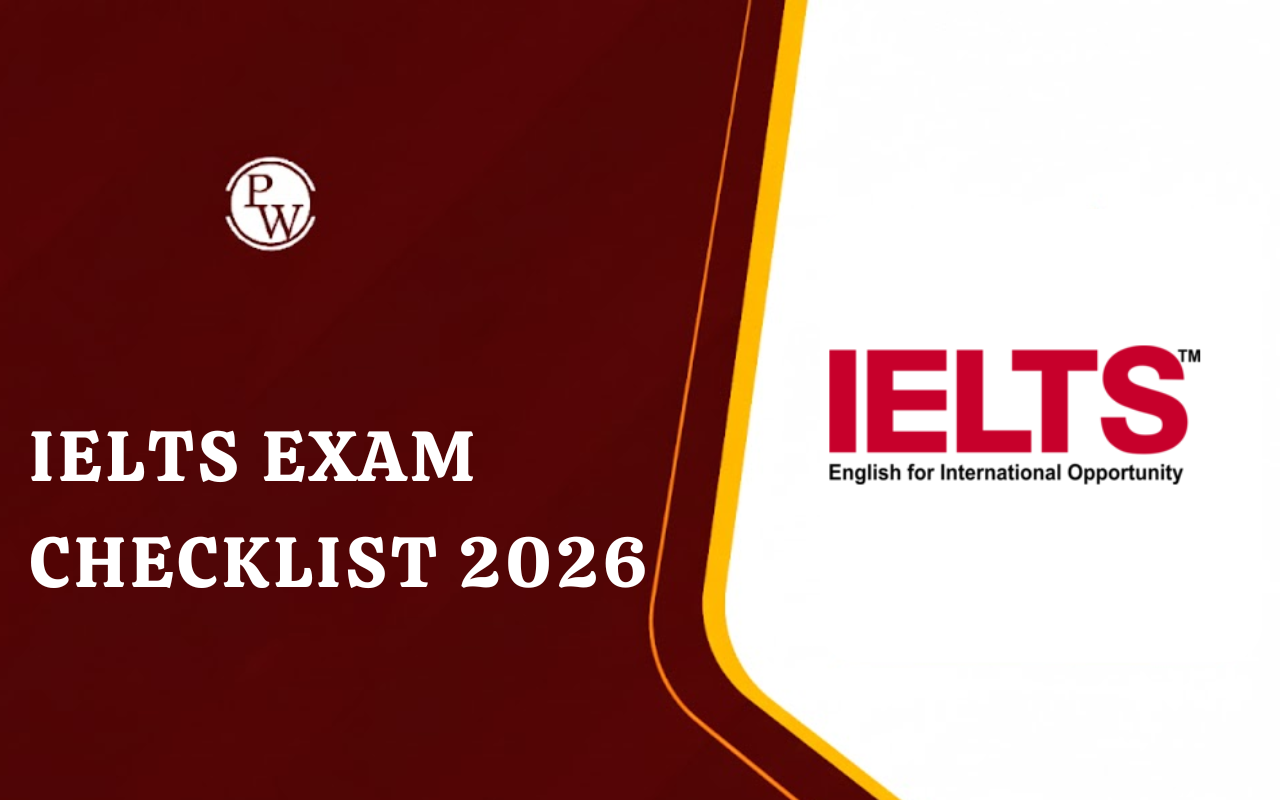
UK or US Spelling In IELTS, Main Differences: English is a global language used by a diverse group of people. However, the tone, spelling, speaking style, etc, can vary between British and American English. For test-takers preparing for the IELTS exam, one of the commonly asked questions is Should you use British or American spelling in IELTS?
Both British and American English are accepted in the IELTS test. However, you should not mix both versions in your writing. Choose only one type as per your choice and convenience, and stick to it. This guide explores the spelling differences between UK and US English, why consistency matters, and how you can prepare effectively for the IELTS.Read:- How to improve IELTS Score in Writing from 6.5 to 9
IELTS Spelling UK or US
Spelling differences between British and American English have developed over the centuries. British English often preserves older spellings, while American English tends to simplify words. In the IELTS test, you can write British or American English as per your choice and convenience.
1. Words Ending in -our / -or
British English tends to use the “-our” ending, whereas American English simplifies it to “-or”.
|
British English |
American English |
|---|---|
|
Colour |
Color |
|
Favour |
Favor |
|
Honour |
Honor |
|
Neighbour |
Neighbor |
|
Behaviour |
Behavior |
Tip: Pick one spelling style and use it consistently throughout your writing task.
IELTS Writing Tips, Strategy, and Practice
2. Words Ending in -re / -er
In British English, words often end in “-re”, while American English uses “-er”.
|
British English |
American English |
|---|---|
|
Centre |
Center |
|
Theatre |
Theater |
|
Metre |
Meter |
|
Litre |
Liter |
|
Fibre |
Fiber |
Common Mistake: Don’t write “theatre” in one paragraph and “center” in another. Choose one style and stick with it.
3. Words Ending in -ise / -ize
This category can be tricky because British English sometimes allows both forms. However, the “-ise” ending is more commonly used in the UK, while “-ize” is the standard in the US.
|
British English |
American English |
|---|---|
|
Organise |
Organize |
|
Realise |
Realize |
|
Recognise |
Recognize |
|
Apologise |
Apologize |
|
Criticise |
Criticize |
Note: IELTS accepts either, but you must be consistent across your writing.
IELTS Writing Scoring, Marking Scheme and Score
4. Words with Double ‘L’ vs. Single ‘L’
British English often doubles the “l” when adding suffixes, while American English usually does not.
|
British English |
American English |
|---|---|
|
Traveling |
Traveling |
|
Cancelled |
Canceled |
|
Labelled |
Labeled |
|
Counsellor |
Counselor |
|
Enrolment |
Enrollment |
Example: Writing “travelling” in one sentence and “canceled” in another will seem inconsistent to the examiner.
5. Past Tense Differences (-t vs. -ed)
British English often uses the “-t” ending for some past tense verbs, whereas American English prefers “-ed”.
|
British English |
American English |
|---|---|
|
Learnt |
Learned |
|
Dreamt |
Dreamed |
|
Spelt |
Spelled |
|
Burnt |
Burned |
|
Smelt |
Smelled |
Tip: Familiarize yourself with both forms and choose the one that matches your selected spelling system.
Tips and Strategies for IELTS Spelling
Spelling mistakes are common among IELTS candidates for non-native speakers. Here are practical ways to improve your IELTS Spelling:
1. Choose One Variant: Decide whether you want to use British or American English in your test and stick with it.
2. Use a Consistent Dictionary: If you're following British English, use dictionaries like Oxford or Cambridge. For American English, use Merriam-Webster.
3. Read Widely: Read books, newspapers, and websites in your chosen English language.
4. Practice Spelling Lists: Make a list of commonly misspelled words in IELTS and check their correct form.
5. Use Spell Check Wisely: When using word processors, set the language settings to either “English (UK)” or “English (US)”.
Also Read:
- IELTS Writing Task 1
- IELTS Writing Task 2
- IELTS Writing Task 2 Sample Answer, Tips and Mistakes to Avoid
IELTS Spelling UK or US Real Examples
Imagine you’re writing an IELTS Writing Task 2 essay:
Correct (British English):
“Neighbourhood safety is a significant concern. The colour of street lighting may influence behaviour.”
Correct (American English):
“Neighborhood safety is a significant concern. The color of street lighting may influence behavior.”
Incorrect (Mixed):
“Neighbourhood safety is a significant concern. The color of street lighting may influence behaviour.”
Common Mistakes to Avoid
Avoid the following common mistakes to improve your IELTS band score:
-
Switching between “-ise” and “-ize” without realizing
-
Using UK spelling in Writing Task 1 and US spelling in Task 2
-
Letting autocorrect change your spelling without checking
-
Learning vocabulary from mixed sources without awareness
Guidance of PW IELTS
Physics Wallah offers multiple online IELTS courses for all students. Follow the IELTS pages to better prepare for the exam.
| What is IELTS Exam? | Documents Required for IELTS Registration |
| IELTS exam eligibility requirements | IELTS Exam Fees |
| IELTS test results | IELTS Exam Pattern |
UK or US Spelling In IELTS, Main Differences FAQs
Can I use both UK and US spelling in IELTS?
Is British or American spelling preferred in IELTS?
Will spelling mistakes lower my IELTS score?
What is a common spelling difference in UK vs. US English?
How can I avoid mixing spellings?










